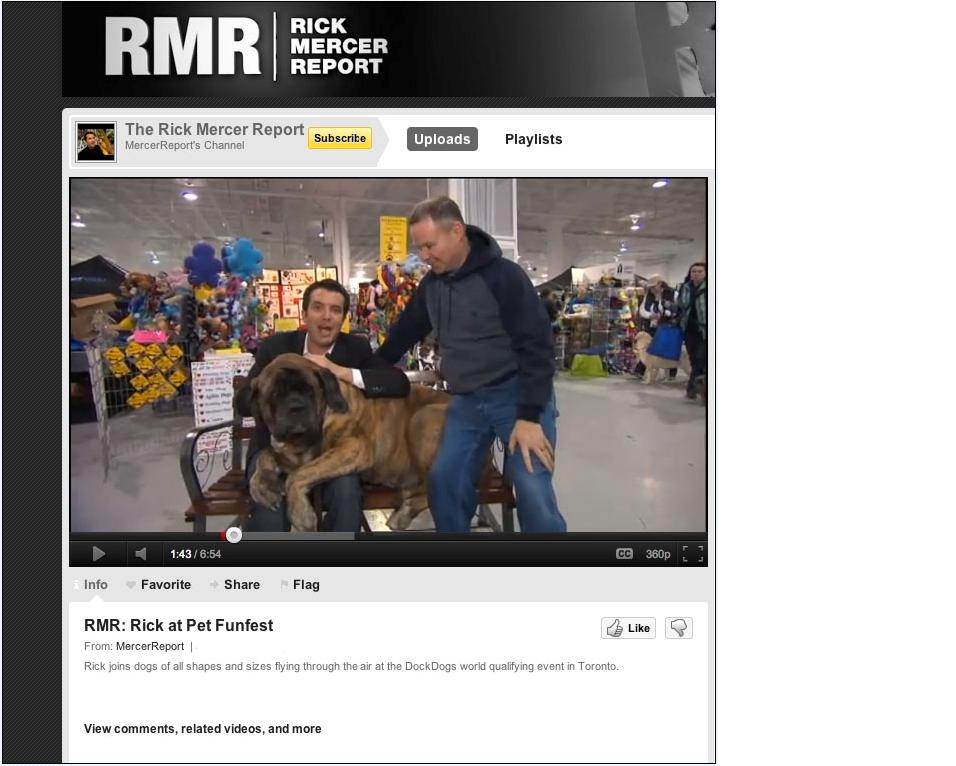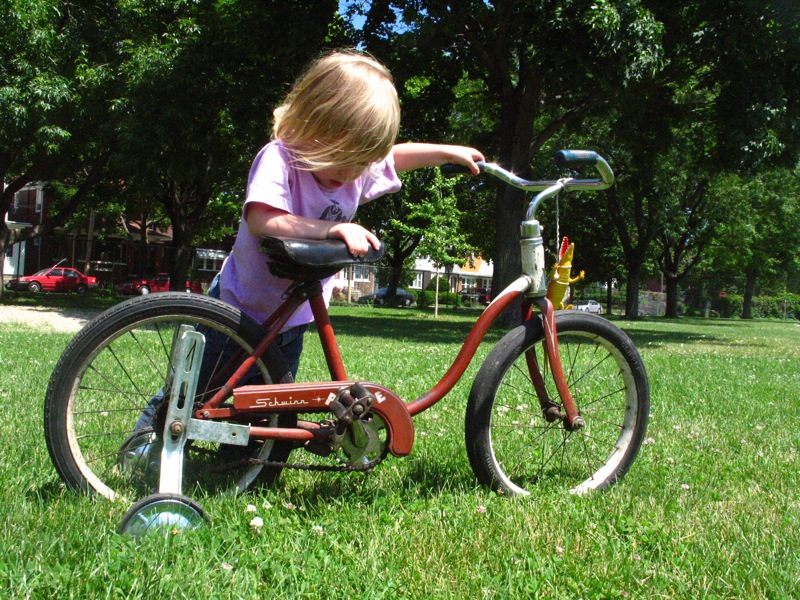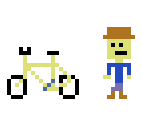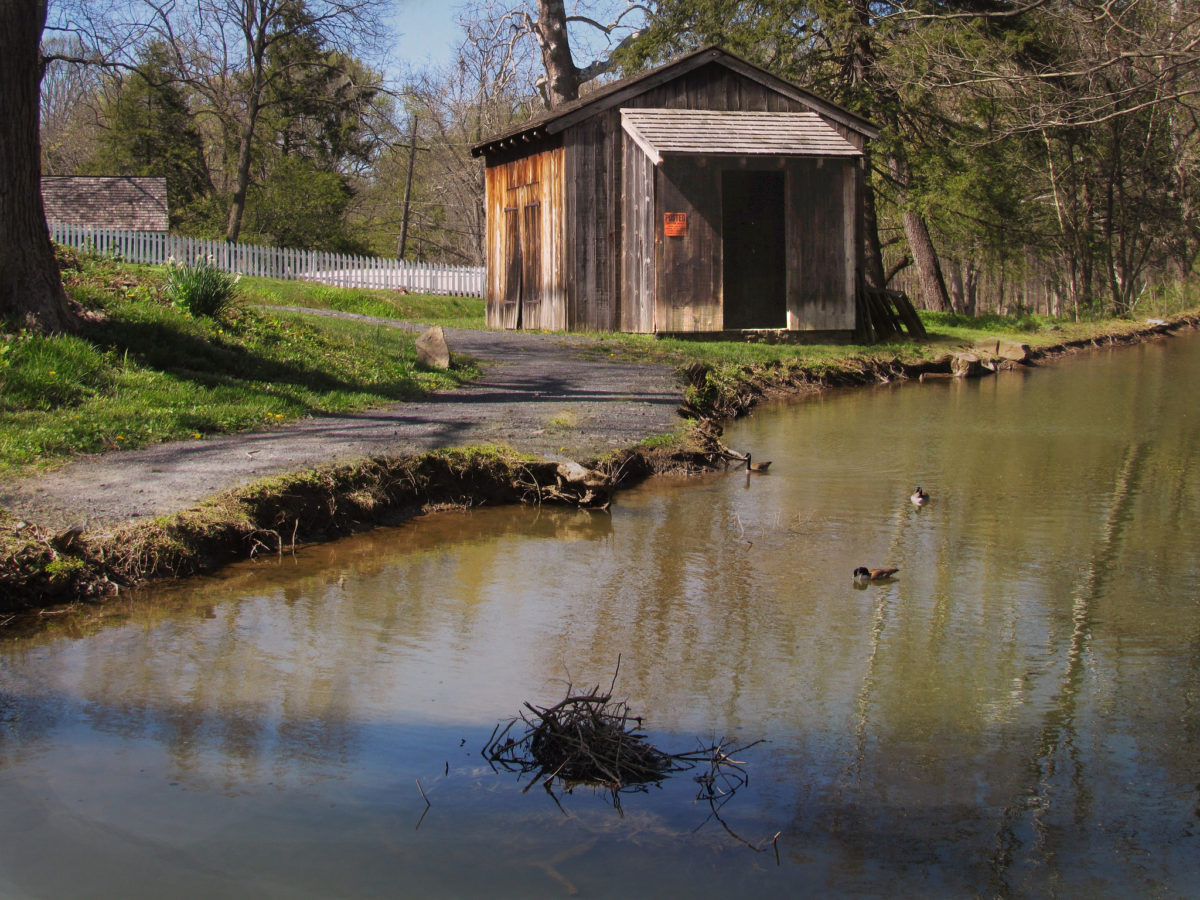
This work is licensed under a Creative Commons Attribution-ShareAlike 4.0 International License.
It’s not too late to share this. This is the biggest thing I can give to the Creative Commons. I made it well before I knew about The Commons and am only now remembering to do this. This is many many hours of my time. This is the scholarly project which completed my M.Sc. in Instructional Design and Technology.
It is an exercise in embedding instruction into an alternate reality game. Or it’s an exercise in deeply embedding narrative into learning. Either way I tried my best and I want the commons to have it.
It is an alternate reality game in which players need to learn about problem gambling behaviors and harm reduction strategies in order to bring a story to its end. That story is the dognapping of a mildly famous and much-loved English Mastiff. 
Oh and it’s so low tech it’s hardly ed-tech at all.

Here is the zip file of all the pieces to the game Missing Chance. The main piece to look for to guide you through are the ‘Puppet Master Instructions’. Here is a little excerpt:
The Story:
Jack Berlian is a YMCA board member who fought to get the original funding for the Youth Gambling Awareness Program. He was one of the first people to realize the potential harm that gambling is doing to our youth and was in a position to do something about it. We just found out that his dog, Chance, has gone missing from the YMCA and there was a clue that made him think that Chance was stolen to help pay off a gambling debt. Chance is actually a bit of a celebrity dog, so she is worth quite a bit of money. Since we know a little something about risky gambling behaviours and ways to reduce the harm, we are in a unique position to help Jack. You (the puppet master) have been up all night, prior to coming to the YGAP meeting, preparing a plan to help Jack. You feel like this is our chance to pay back Jack’s efforts in creating YGAP, by helping to find Chance. You also feel like this is an opportunity to truly validate all of the work that YGAP does.
The Rabbit Hole:
The beginning of an alternate reality game (ARG) is called a ‘rabbit hole’. This is the point at which we enter the alternate reality of the game. For this game, the rabbit hole is simply the lost dog poster that Jack has prepared to try to get people to help find Chance. This poster will be posted in and around the site that you are running the game, in places
where your game players will likely see it before coming to your session. This will add some ‘reality’ to the story when you tell them that we will be spending our time today trying to help find this dog.
The Puppet Master:
The remainder of the document is a set of instructions for you, the Youth Outreach Worker, to follow in order to take this game to its conclusion. You will be in front and behind the scenes, pulling the puppet strings.
If you know of any organization that works with problem gambling behaviours that might like to use this, let them know about this and let me know if I can help them.
Featured image from: https://unsplash.com/@bkotynski CCO





